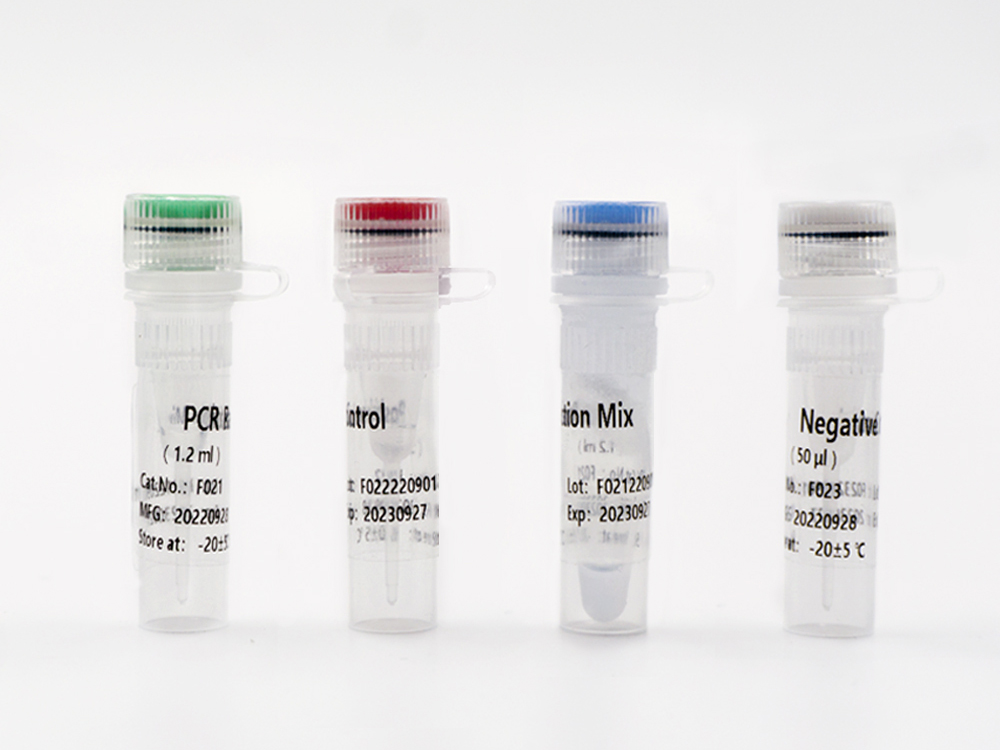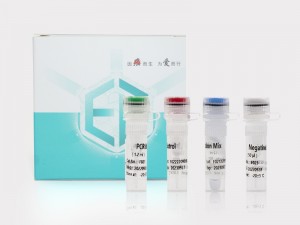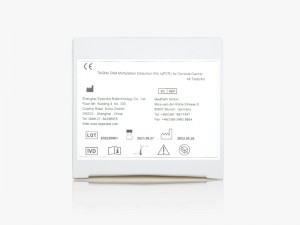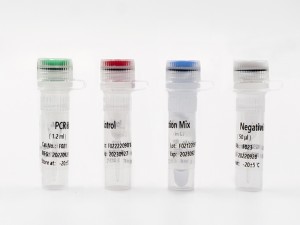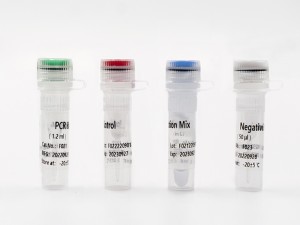TAGMe DNA Methylation Detection Kits (qPCR) for Cervical Cancer / Endometrial Cancer
PRODUCT FEATURES
Non-invasive

Applicable with cervical brush and Pap smear samples.
Convenient

The original Me-qPCR methylation detection technology can be completed in one step within 3 hours without bisulfite transformation.
Early

Detectable at the precancerous stage.
Automation

Accompanied by customized result analysis software, the interpretation of the results is automated and directly readable.
Application scenarios
Early screening
Healthy people
Cancer Risk Assessment
High-risk population (positive for high-risk human papillomavirus (hrHPV) or positive for cervical exfoliation cytology / positive for high-risk human papillomavirus (hrHPV) or positive for cervical exfoliation cytology)
Recurrence Monitoring
Prognostic population
INTENDED USE
This kit is used for in vitro qualitative detection of hypermethylation of the gene PCDHGB7 in cervical specimens. For cervical cancer, a positive result indicates an increased risk of grade 2 or higher-grade/more advanced cervical intraepithelial neoplasia (CIN2+, including CIN2, CIN3, adenocarcinoma in situ, and cervical cancer), which requires further colposcopy and/or histopathological examination. On the contrary, negative test results indicate that the risk of CIN2+ is low, but the risk cannot be completely excluded. Final diagnosis should be based on colposcopy and/or histopathological results. Moreover, for endometrial cancer, a positive result indicates an increased risk of endometrial precancerous lesions and cancer, which requires further histopathological examination of endometrium. On the contrary, negative test results indicate that the risk of endometrial precancerous lesions and cancer is low, but the risk cannot be completely excluded. Final diagnosis should be based on histopathological examination results of endometrium.
PCDHGB7 is a member of protocadherin family γ gene cluster. Protocadherin has been found to regulate biological processes such as cell proliferation, cell cycle, apoptosis, invasion, migration and autophagy of tumor cells through various signaling pathways, and its gene silencing caused by hypermethylation of the promoter region is closely related to the occurrence and development of many cancers. It has been reported that hypermethylation of PCDHGB7 is associated with a variety of tumors, such as non-Hodgkin lymphoma, breast cancer, cervical cancer, endometrial cancer and bladder cancer.
DETECTION PRINCIPLE
This kit contains nucleic acid extraction reagent and PCR detection reagent. Nucleic acid is extracted by magnetic-bead-based method. This kit is based on the principle of fluorescence quantitative PCR method, using methylation-specific real-time PCR reaction to analyze template DNA, and simultaneously detect the CpG sites of PCDHGB7 gene and the quality control marker internal reference gene fragments G1 and G2. The methylation level of PCDHGB7 in the sample, or the Me value, is calculated according to the PCDHGB7 gene methylated DNA amplification Ct value and the Ct value of the reference. The PCDHGB7 gene hypermethylation positive or negative status is determined according to the Me value.



